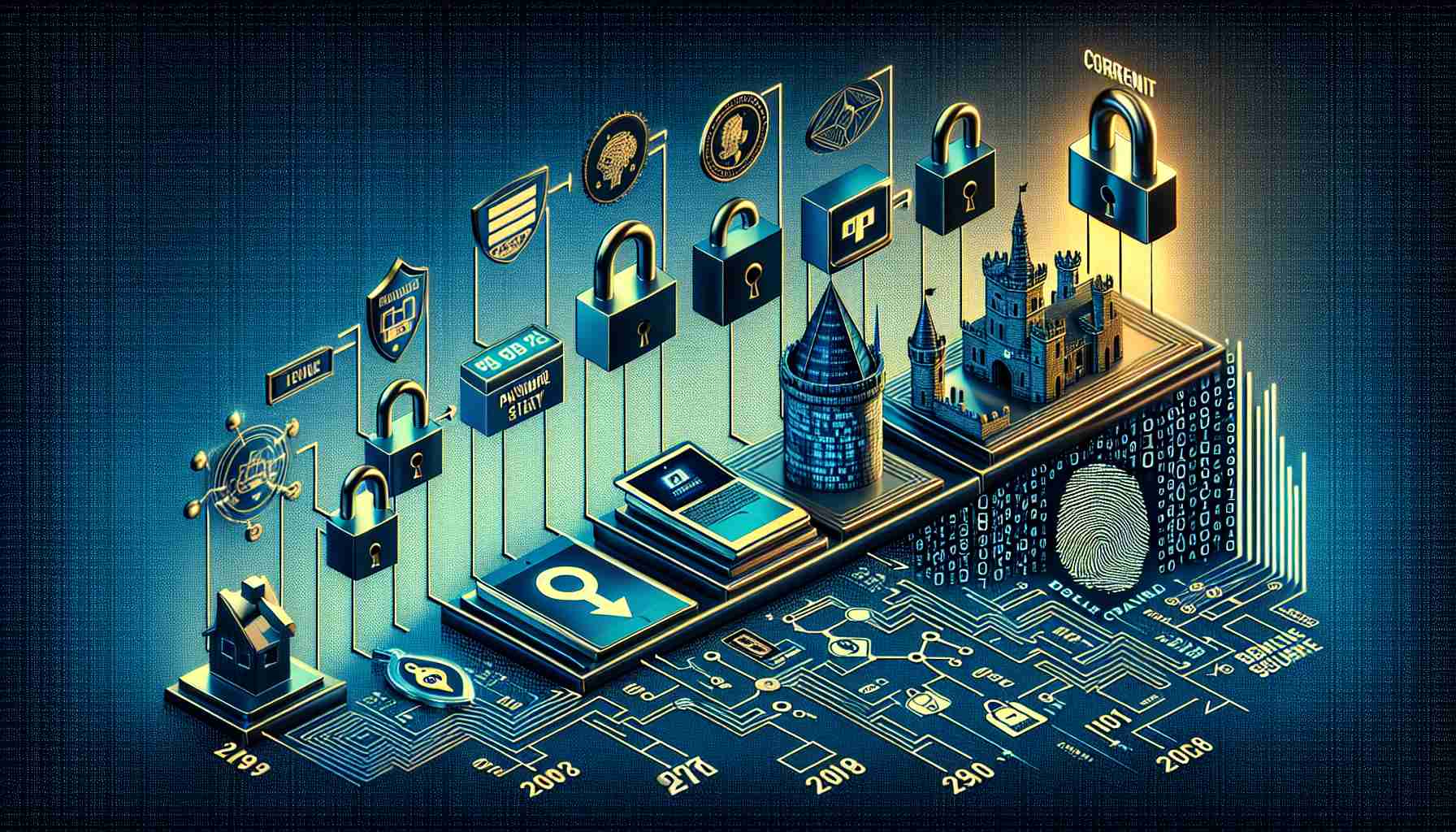In a striking adaptation to the oppressive environment in Venezuela, the rise of artificial intelligence has provided a means for critical voices to circumvent government censorship. Following the controversial elections on July 28, which faced widespread international disbelief, there has been an increase in innovative measures taken by journalists against the regime of Nicolás Maduro.
A team of media professionals has introduced two virtual presenters, known as La Chama and El Pana. These digital anchors allow for the dissemination of news on sensitive topics without the fear of government retaliation, as they are not real individuals and, therefore, beyond the reach of state authorities. The risk for journalists has escalated significantly, with reports indicating that hundreds have been detained amidst growing civil unrest.
The initiative, referred to as “Operación Retuit,” represents a collective effort among various independent media outlets in Venezuela. Approximately 100 journalists are collaborating to share information that is otherwise suppressed by state-affiliated channels. The government’s actions have stifled press freedom, evidenced by the revocation of broadcasting licenses for critical media outlets.
As state violence and repression intensify, social media remains a vital tool for Venezuelans. Restrictions on platforms like X, formerly known as Twitter, have further complicated the flow of information. Human rights organizations continue to document the extent of state-led persecution, reflecting severe violations of fundamental freedoms in the nation.
Innovative Digital Solutions Emerge Amidst Censorship in Venezuela
In the face of escalating censorship and repression in Venezuela, creative digital solutions are emerging as vital tools for maintaining freedom of expression and circumventing government surveillance. As the political climate deteriorates under Nicolás Maduro’s regime, various technological initiatives have gained traction, showcasing the resilience of the Venezuelan people and their determination to share uncensored information.
What are the key digital innovations aiding journalism in Venezuela?
One notable innovation is the use of decentralized platforms for news distribution. With increasing restrictions on mainstream social media and traditional news outlets, Venezuelan journalists have begun using peer-to-peer networks and encrypted messaging services to share reports and updates. Platforms like Signal and Telegram have become essential tools, enabling real-time communication among journalists and their audiences without the risk of immediate government interception.
What challenges do these digital solutions face?
Despite the advantages of digital tools, significant challenges remain. The Venezuelan government has shown an ability to quickly adapt to technological advancements, employing sophisticated surveillance techniques and cyberattacks to disrupt communications. Reports indicate that state-sponsored hacking groups actively target independent media outlets, seeking to compromise their digital security measures. Furthermore, internet access is severely limited in several areas, restricting the ability of citizens to engage with these digital solutions.
Are there controversies surrounding these innovations?
Yes, there are controversies regarding the use of digital tools in the context of a polarized political landscape. Some critics express concerns that reliance on digital anonymity could lead to misinformation and a lack of accountability among sources. While the gates of information have been opened, distinguishing fact from fiction in an environment fraught with propaganda poses a significant challenge for consumers of news.
What are the advantages of these digital solutions?
The advantages are multifold:
1. Safety: Digital characters like La Chama and El Pana provide a shield for journalists, eliminating the risk of physical repercussions while still conveying vital information.
2. Accessibility: Technologies like blockchain-based platforms allow for secure, unaltered news sharing. This ensures that citizens retain access to diversified news sources.
3. Community Engagement: Independent digital media fosters a sense of community among dissenters, allowing for a collective response to government actions and encouraging activism.
What are the disadvantages?
Conversely, the drawbacks include:
1. Vulnerability to Censorship: Even decentralized platforms are not immune to government intervention, which may implement sophisticated methods to block access or identify users.
2. Digital Divide: Socioeconomic barriers mean that not all Venezuelans have equal access to the technology needed to utilize these solutions, perpetuating information gaps.
3. Echo Chambers: The ability to create closed groups and channels can foster echo chambers, where only similar viewpoints are shared and dissenting voices are marginalized.
As Venezuelans continue to innovate under pressure, their struggle highlights the importance of digital rights in the broader context of human rights. This evolution in media signifies hope, resilience, and a path toward reclaiming the narrative in a landscape marred by state oppression.
For further insights into technology and journalism under pressure, visit Human Rights Watch and Amnesty International.






















